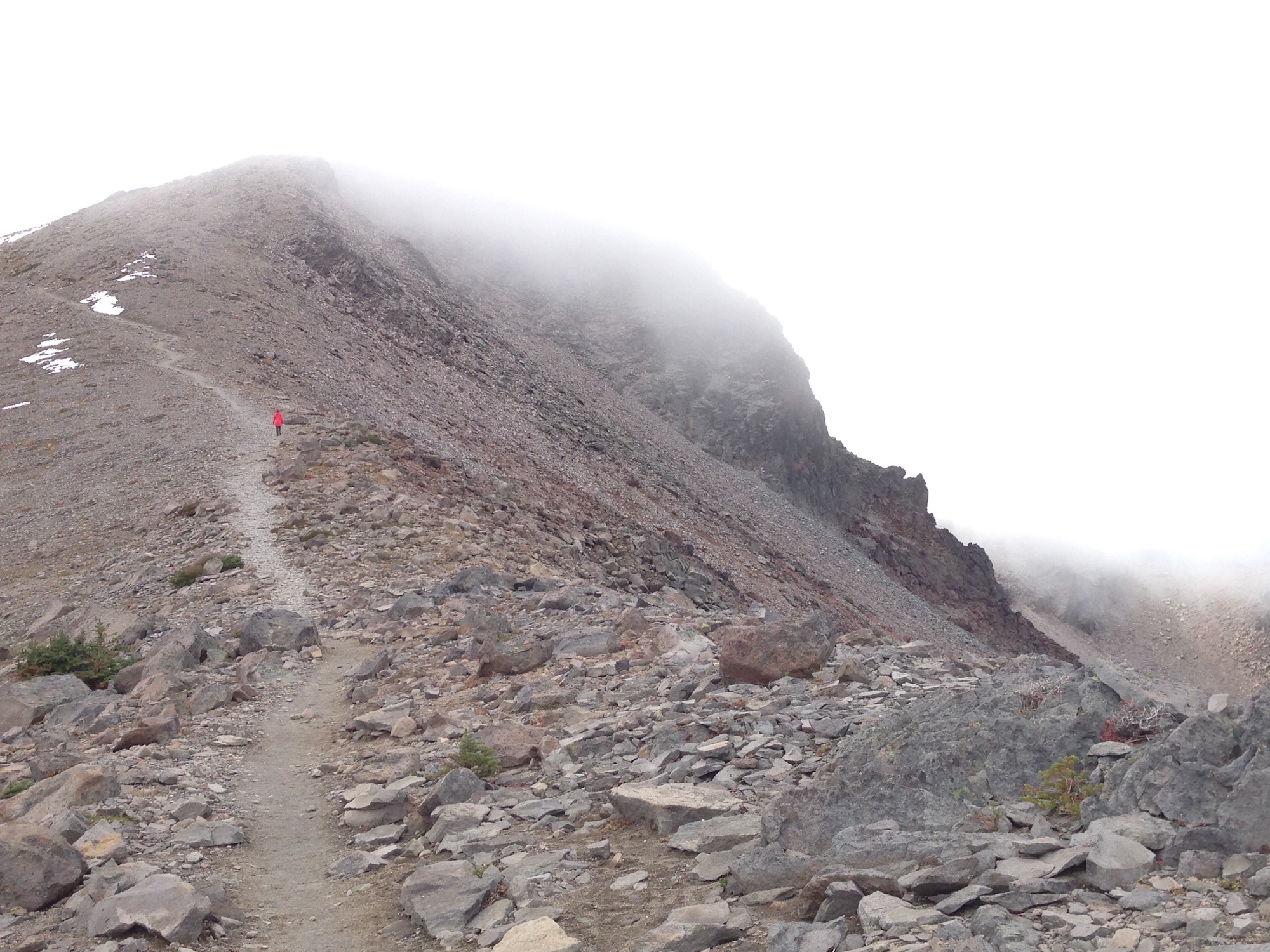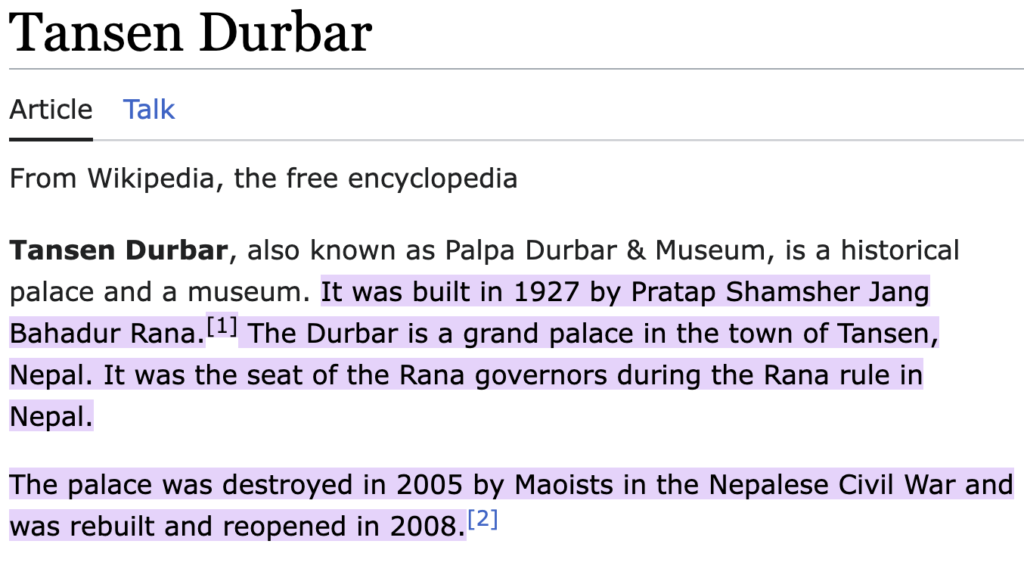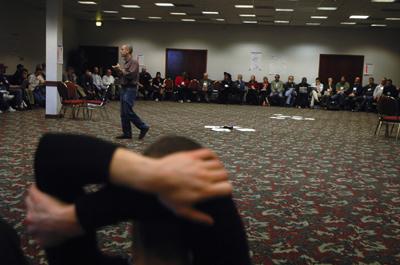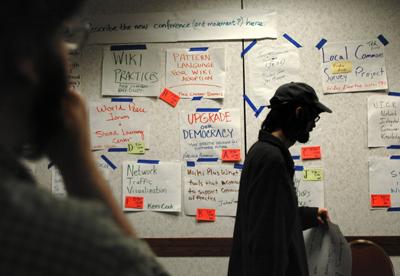This comes from my friend and colleague Ram Raut, on the occasion of the New Year in Nepal. The mainstream news out of Nepal these days is about hundreds being arrested in protests and a people teetering on anarchy. Here is an inside view, a heart view, from a guy who’s home was bombed only months ago, and who has since lost his brother suddenly in an accident.
Dear all
NamasteWe are bye bye year 2062after 26 hours.In this year We got many many good things and learning.Loktantrik movement took high hight.perhaps We will get inclusive Democracy soon. NAINN got alot of success.we successfully organized second National Summit.
Great achievement is we got David L.cooperrrider in the position of Patron.
We spread AI throughout the country.and We expan our Network and we built good relationship in the international Level.
these are the great successof our organization.personally all the freinds got more achievement even our counrty had suffering from autocracy and arm conflict.In this occasion of new year 2063,I wish for your every success and sound health.I hope we will see new loktantrik peaceful and prosporious new Nepal soon.
In this new year we will get new success and great change in our life . plz do well. we Invite to all to join our Imagine Initiative movement for positive societal transfomation thourgh out the world for make a new peaceful world.
with appreciatively
Ram Bahadur Raut
National Chairperson
NAINN (Nepal Appreciative Inquiry National Network)
Ram and his colleagues remind me again that real peace movements must begin and be sustained by peaceful people. Imagine that. Hoping to see them again this Fall for more Open Space, too.




